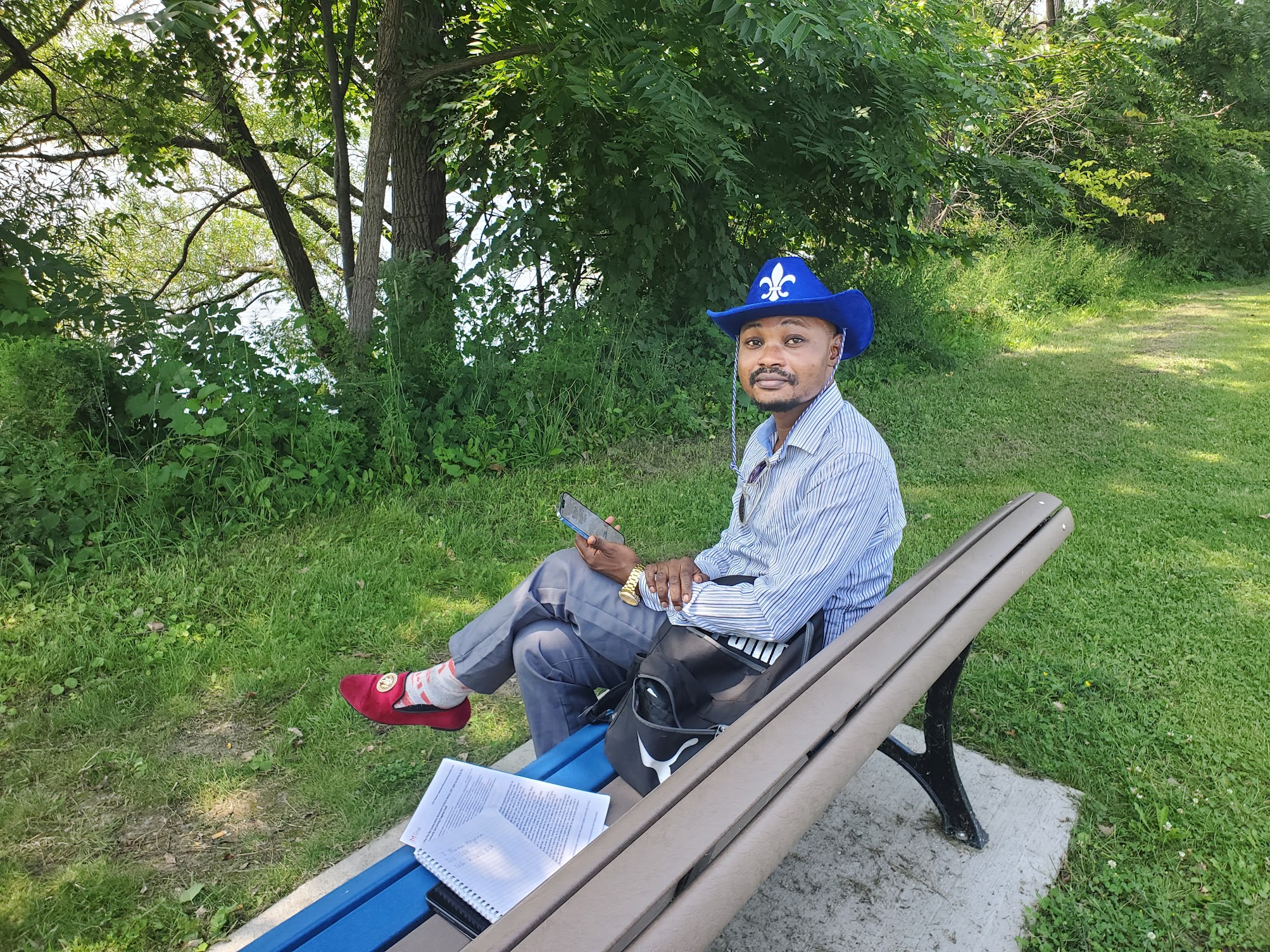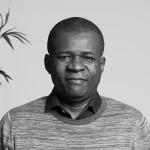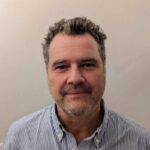For as long as he can remember, Junior Nsamia Mayema has always been attracted to men.
However, the challenges he faced within his Congolese family in the Democratic Republic of the Congo, societal pressures and in some ways the broader world itself ultimately led him to doubt his sexual orientation.
Mayema began to fear for his life in his home country in 2010 when he says family members threatened to kill him. They considered him a “disgrace” and believed he brought “dishonour” to their ranks.
“Some of my brothers and recently my sister told me, via text message, that I was going to die,” says Mayema, who is seeking asylum in Canada. “We rarely speak to each other.”
While in Africa, he reached a breaking point and thought about changing his sexual orientation, despite his attraction to men. “At one point, I couldn’t stand the pain of being gay anymore,” Mayema told New Canadian Media. “I went to a church for help, to be delivered from the evil spirit everyone said I had.”
Mayema changed how he dressed, and he stopped being involved in the gay community..
This lasted for nearly two years. But, “it changed nothing, despite praying. When they realized this, they began to reject me,” says Mayema, who “thought a miracle was possible” in his case.
A journey
To save his life, Mayema left his country in 2010 to seek refuge in South Africa, thanks to the support of the United Nations High Commissioner for Refugees (UNHCR). Since then, he has been granted an international protection number.
However, he was still persecuted in South Africa, where homophobia and sometimes xenophobia are prevalent. After four years, the UNHCR helped him go to the United States, although he would have preferred to go to Canada.
Mayema stayed in California for about nine years. He even acquired American citizenship. But, “the United States failed to provide me with the necessary protection and allowed people who had tried to kill me in South Africa to try to assassinate me,” he says today to explain why, last April, he took a plane to Montreal to seek the protection of another country: Canada.
The USA, dangerous?
“During all the time I was in the USA, I experienced misery, discrimination, xenophobia, and homophobia, to the point of wanting to die,” Mayema said.
Mayema says that in the building where he lived in California, one of his white neighbors subjected him to all kinds of abuse. The man would regularly bang violently on his door to hurl insults at him because of his sexual orientation, leave trash in front of his apartment, and verbally assault him without the police intervening.
Mayema, who graduated as a paralegal in the United States, went to court to obtain a restraining order against this person, but was not successful.
“In South Africa, the police told me: ‘Why are you homosexual? Don’t you know that’s wrong? And there’s nothing we can do for you.” And in the United States, the police did nothing either,” Mayema says.
“The United States was too dangerous for me.”
Mayema believes that in Montreal, he will find peace. In the LaSalle neighborhood where he now lives, he likes to meditate by the river.
The indifference of a brother
While he is rejected by most members of his immediate family, this is not the case for one of them. His younger brother, Soumi Mayema, who has just arrived in Quebec with a student visa, maintains close contact with him.
Soumi Mayema confirms the persecutions his older brother suffered in his home country, the DRC. Even though Soumi Mayema, 24, whom NCM met, does not support his older brother’s sexual orientation, he says he respects his brother’s choice.
“It depends on the person. But I do not judge. However, in our culture, it is not accepted. I think it’s his choice and God will provide,” Soumi Mayema said.
A Difficult Integration
Since his arrival from the United States, Mayema has contacted the LGBTQ+ community to help him find the resources necessary for a good integration, however it has not gone well with the Action LGBTQ+ with Immigrants and Refugees (AGIR) organization. He also tried to engage with the United Church of Canada, without much result.
Mayema finally found some assistance through the Church of Jesus Christ of Latter-day Saints (Mormons), who helped him meet his needs. For, despite obtaining a work permit, Mayema has still not found employment.
After several months in Montreal, Mayema is starting to become disenchanted with the slow pace of his integration as a sexual minority with a unique immigration history.
In fact, he’s considering yet another move, this time to Ottawa, where he thinks he may find peace of mind.
_____
Interviews for this article were conducted in French and translated to English.
Jean Numa Goudou, a Canadian of Haitian origin, has more than 25 years of experience in journalism. Having started his career at Radio-Métropole in Port-au-Prince, he then immigrated to Canada, where he obtained a bachelor's degree in journalism from the University of Quebec in Montreal. Passionate about original stories, particularly in immigration and local news, he has worked for Radio-Canada, Le Devoir and the Métro newspaper. In 2014, Goudou founded In Texto Journal Nou, a media outlet dedicated to black and immigrant communities.
Pierre Michaud is a content expert with a keen interest in digital platforms and how they work. With over 25 years of experience at Radio-Canada in radio, television, and the web, he has served in various roles such as journalist, line-up editor, editor-in-chief, and product manager. Pierre finds great joy in mentoring young journalists at the beginning of their journey, helping them grow and tell better stories with a constant emphasis on the utmost rigor. He is also very passionate about world affairs.







